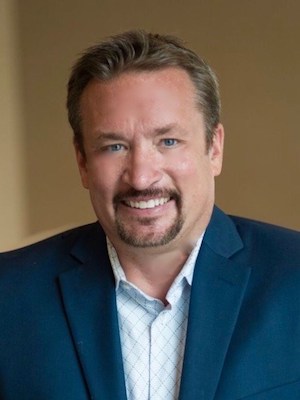
Great leaders are life-long learners. They are teachable, and they remain both curious and humble. Learning leaders accept that they have not learned enough, achieved enough, or accomplished enough. They get up every day with a mindset that they will discover something new. Learning leaders learn from people in every walk of life, and they learn from their mistakes and their failures. Leaders who prioritize learning, acquire knowledge faster so they can lead further.
Four learning habits of effective leaders
A key business advantage is a speed at which teams can innovate, produce and deliver products and services to customers. Speed is a differentiating factor in any industry. Exceptional leaders embrace the concept of learning faster which results in moving their organization forward.
I have been working with CEOs for almost two decades, and I’ve discovered four learning habits that effective leaders use to learn faster.
1. Absorb wisdom from the mistakes of others
One practical way to learn faster is to learn from the mistakes of others. Intelligent leaders understand that it is far better to learn from the mistakes of others than to make all of those mistakes themselves. They also understand that learning from the mistakes of others can save thousands of hours and days of grief and frustration of having to work through a mistake.
Remarkable leaders are also not afraid to learn from their mistakes. They realize that mistakes are instructive and excellent teachers.
2. Acquire knowledge from the experiences of others
Smart leaders utilize the experience of others. They look for mentors who can give them insight and perspective into a variety of areas in their lives and businesses. They recognize the best use of time is to get around others who can help them learn faster. A leader who does not learn from the experiences of others will never learn any faster than what they can learn on their own.
3. Assimilate information intentionally
Effective leaders put themselves in a variety of learning circumstances. They read books, listen to audiobooks, attend conferences, join CEO groups, hire a business coach, and take personal retreats. They utilize every opportunity available to improve themselves and their companies. Learning leaders are intentional about the number and quality of educational experiences they are involved in on a regular basis.
4. Apply new ideas to their leadership style
Execution, the act of doing, is the key to enduring knowledge. Smart leaders not only learn, but they also apply. The best leaders understand how to put significant ideas into practice once they are acquired.
Business author, Peter Drucker once proposed an essential management principle for leaders: “A manager is responsible for the application and performance of knowledge.” The real secret is not to apply everything that is learned but to apply the most valuable information that will provide the most important difference in future performance.
In today’s marketplace change seems to happen at lightning speed, making it essential for leaders to learn faster and apply knowledge systematically. Leaders who learn faster will ultimately lead further.
Ken Gosnell is the CEO and Servant Leader of CXP (CEO Experience). He serves leaders by helping them to have great experiences that both transform them and their organizations that enable to go further faster. He has worked with hundreds of CEOs and leadership teams to enhance strategic, operational and people accomplishments. He is an author, coach, and strategic partner with CEOs. Ken is the creator and facilitator of the Christian CEO Linkedin Group and creator of the CEO Experience Impact Assessment. He is married to Shonda, and they have four children. Connect with @ken_gosnell on Twitter.
© YFS Magazine. All Rights Reserved. Copying prohibited. All material is protected by U.S. and international copyright laws. Unauthorized reproduction or distribution of this material is prohibited. Sharing of this material under Attribution-NonCommercial-NoDerivatives 4.0 International terms, listed here, is permitted.













